
For the first time in 28 years of JD Power’s car owner survey, there is a consecutive year-over-year decline in satisfaction, with most of the ire directed toward in-car infotainment, writes Andrew J. Hawkins in The Verge.

If you're a non-native English writer, you should know GPT detectors are biased against you.
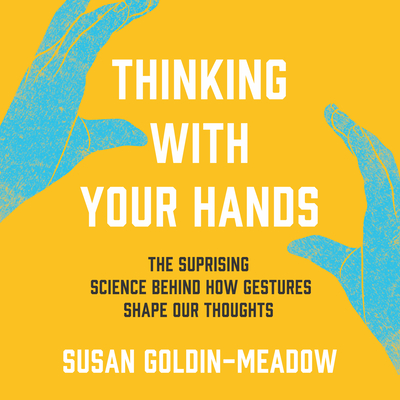
In Thinking with Your Hands, esteemed cognitive psychologist Susan Goldin-Meadow argues that gesture is vital to how we think, learn, and communicate.
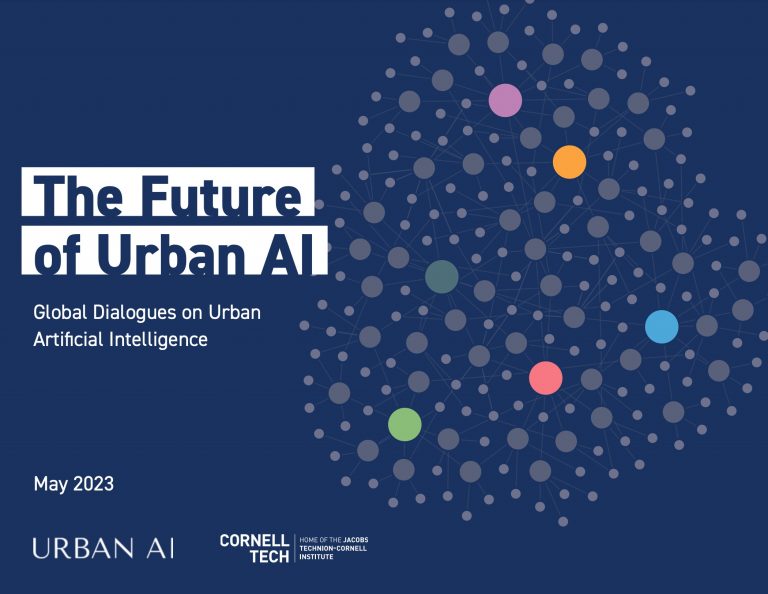
10 conversations by Urban AI, a Paris based think tank, with worldwide experts to explore the future of urban artificial intelligence
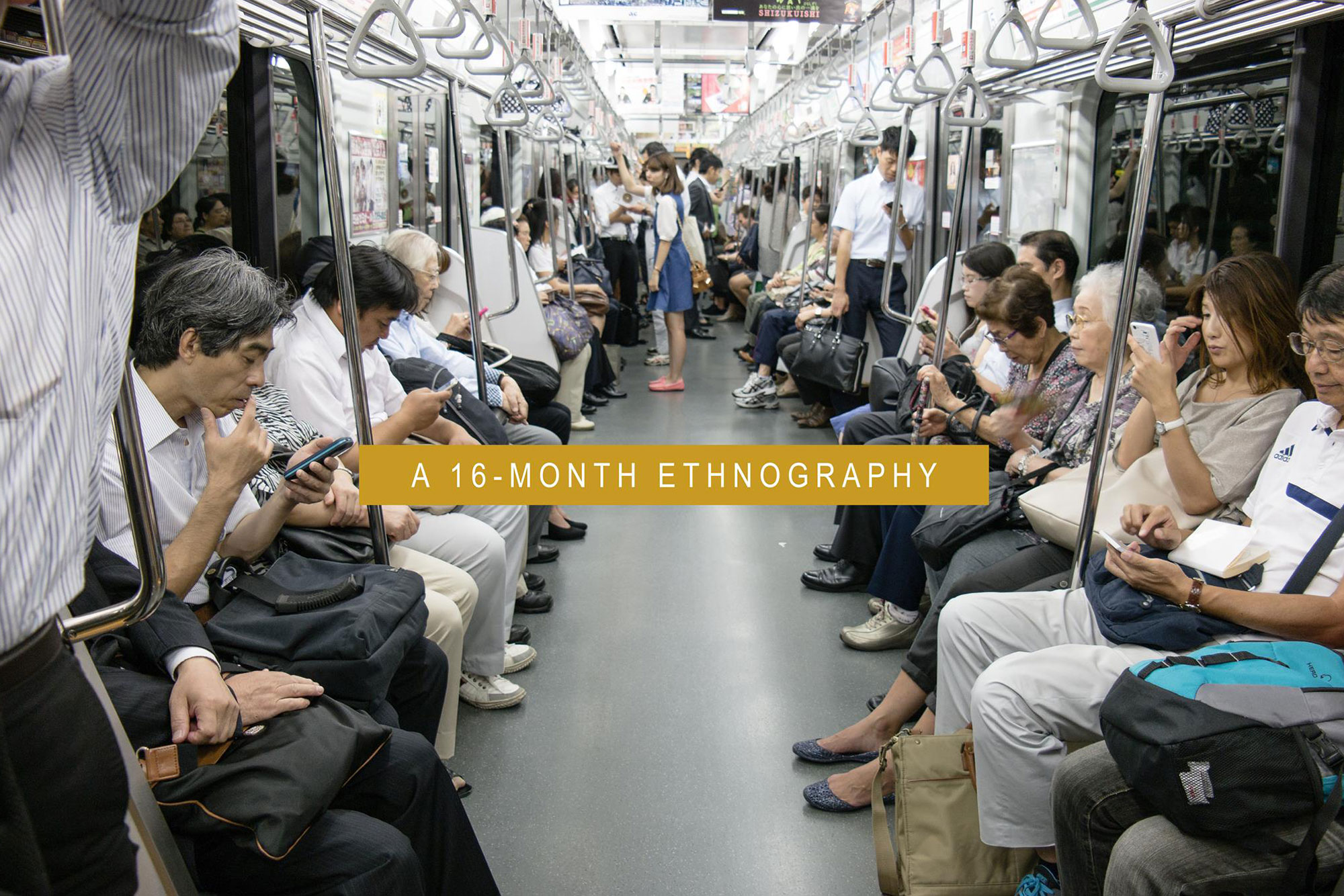
Ageing with Smartphones in Ireland, Urban Italy, Urban Brazil, Urban Chile, Urban China and Uganda: six free open access books as part of the five year "Anthropology of Smartphones and Smart Ageing" project.
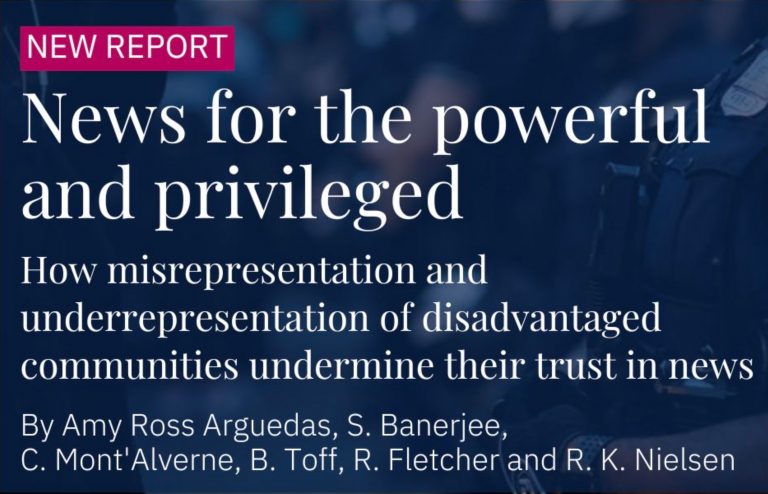
Why do disadvantaged communities distrust the news? And what can newsrooms do about it? These are the questions at the heart of a new report by the Reuters Institute Trust in News Project.
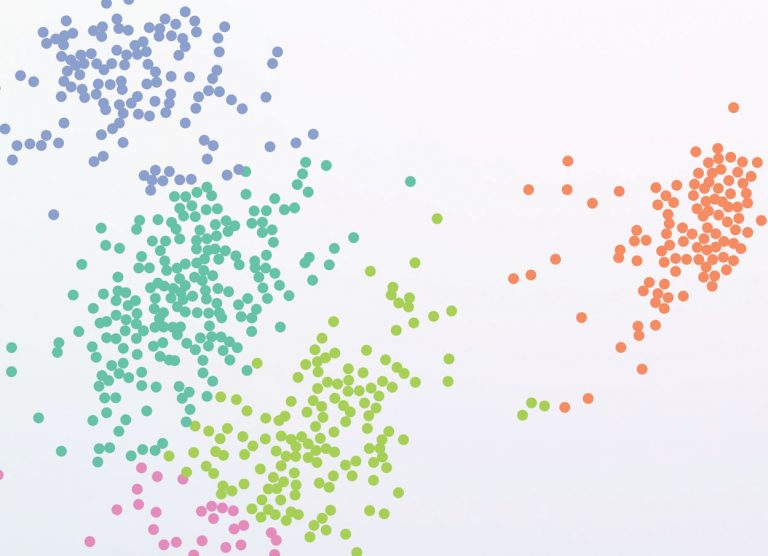
In this book meet the people who design the algorithms that capture our musical tastes.

This study has collated evidence which on balance indicates a strong case to reform digital advertising. It indicates that the status quo is unsustainable for individuals, publishers and advertisers.

This UNDP guide provides step-by-step guidance, practical tools, and hands-on experiences on the process of Deep Listening, including systems mapping, rapid ethnographic research, sensemaking and analysis.

Robots Won't Save Japan addresses the Japanese government's efforts to develop care robots in response to the challenges of an aging population, rising demand for eldercare, and a critical shortage of care workers.

In this white paper (published on 15 February 2023) Demos Helsinki explores how we can rewrite the terms and conditions of our digital futures. Directed at policymakers, practitioners, researchers, industry leaders, and engaged citizens, the paper concludes with four sets of interventions that build a fair, sustainable, and joyful digital society.

The latest annual research from Ericsson ConsumerLab (January 2023) outlines consumers’ concerns, expectations and personal technology actions related to climate issues in 2030.

This report by the IndustryLab of Ericsson, the Swedish multinational, aims to introduce the ethics of AI and explore how this fast-growing technology needs to align with humans’ moral and ethical principles if it is to be embraced by society at large.

The online voting platform that was used by Italy's Five Star Movement to select the candidates for the 2013 parliamentary elections didn't take account of human decision heuristics and cognitive shortcuts, research shows.
Candidates were more likely to attract votes if they appeared towards the top of the screen and if they appeared more likeable from the self-uploaded picture.

Six reports on behavioural change and energy use: potential impact, obstacles, the role of policy makers, and how to best communicate to citizens.

Cornelius Rachieru describes the current trend of extreme commoditisation of UX design in corporate environments, and the consequences this has on the quality of the design delivery, and on the designers themselves.

Samsung US newsroom published an interview with Federico Casalegno, Executive Vice President of Design and Head of Samsung Design Innovation Center; Mark Benson, Head of Samsung SmartThings U.S.; and Inhee Chung, Vice President of the Corporate Sustainability Center to discuss how Samsung’s philosophy of prioritizing more seamless connected experiences is driving the innovation behind its latest products.

“The challenge is that a consumer doesn’t see the true value that manufacturers see in terms of how that data can help them in the long run. So they don’t really care for spending time to just connect it.”

The objective of this guide is to provide a practical, step-by-step outline on how to run a simple BI project.

To live up to its mission of understanding the representational and computational capacities of the human mind, cognitive science needs to broaden the linguistic diversity represented in its participants and researchers.




















